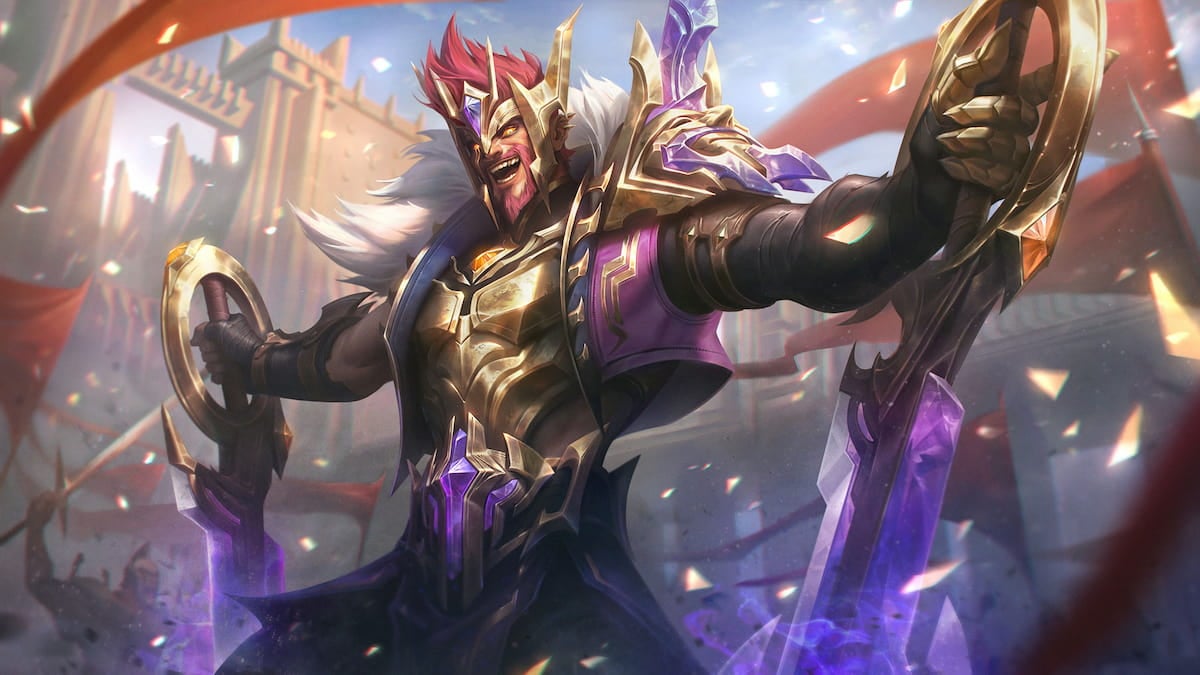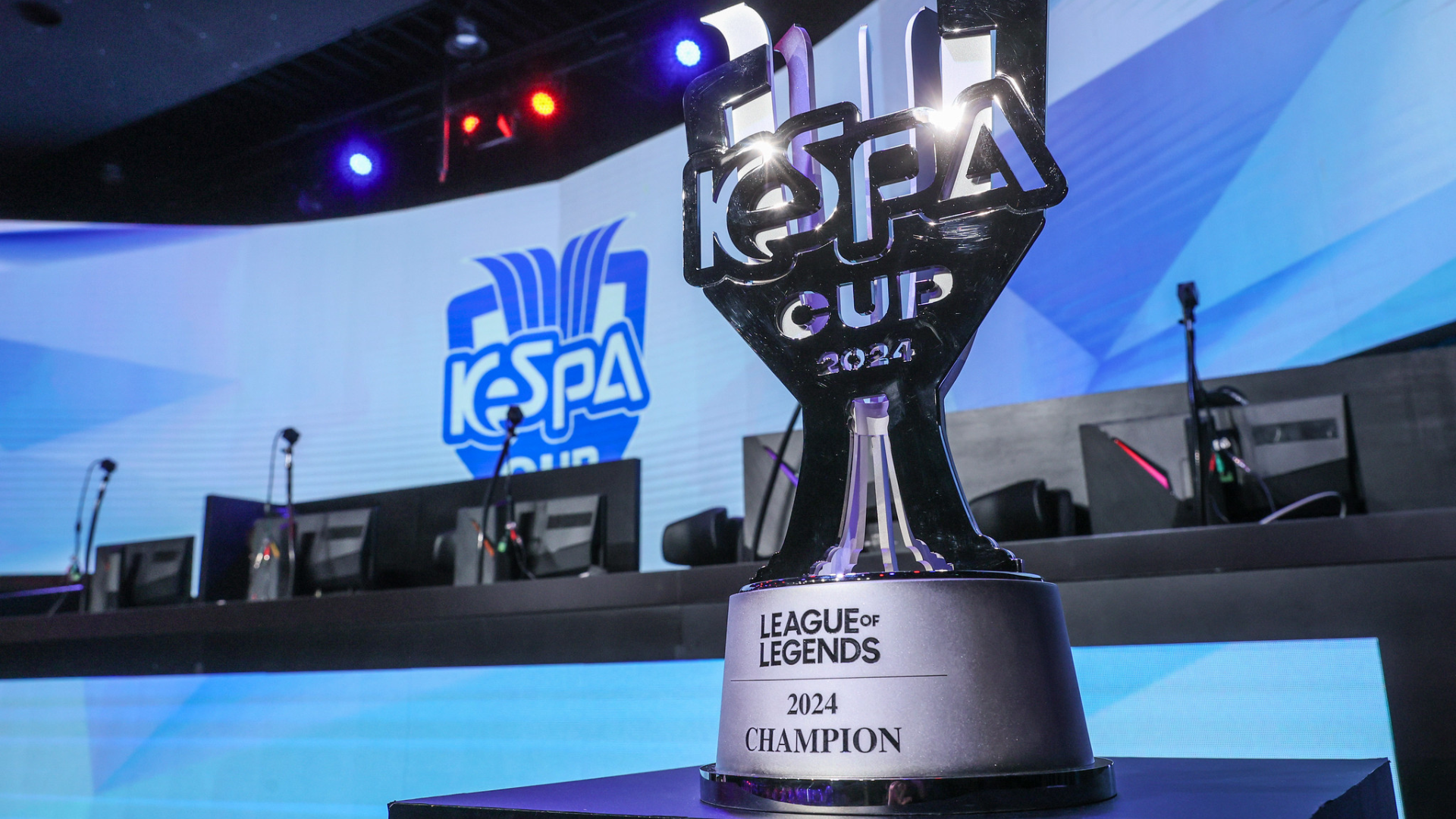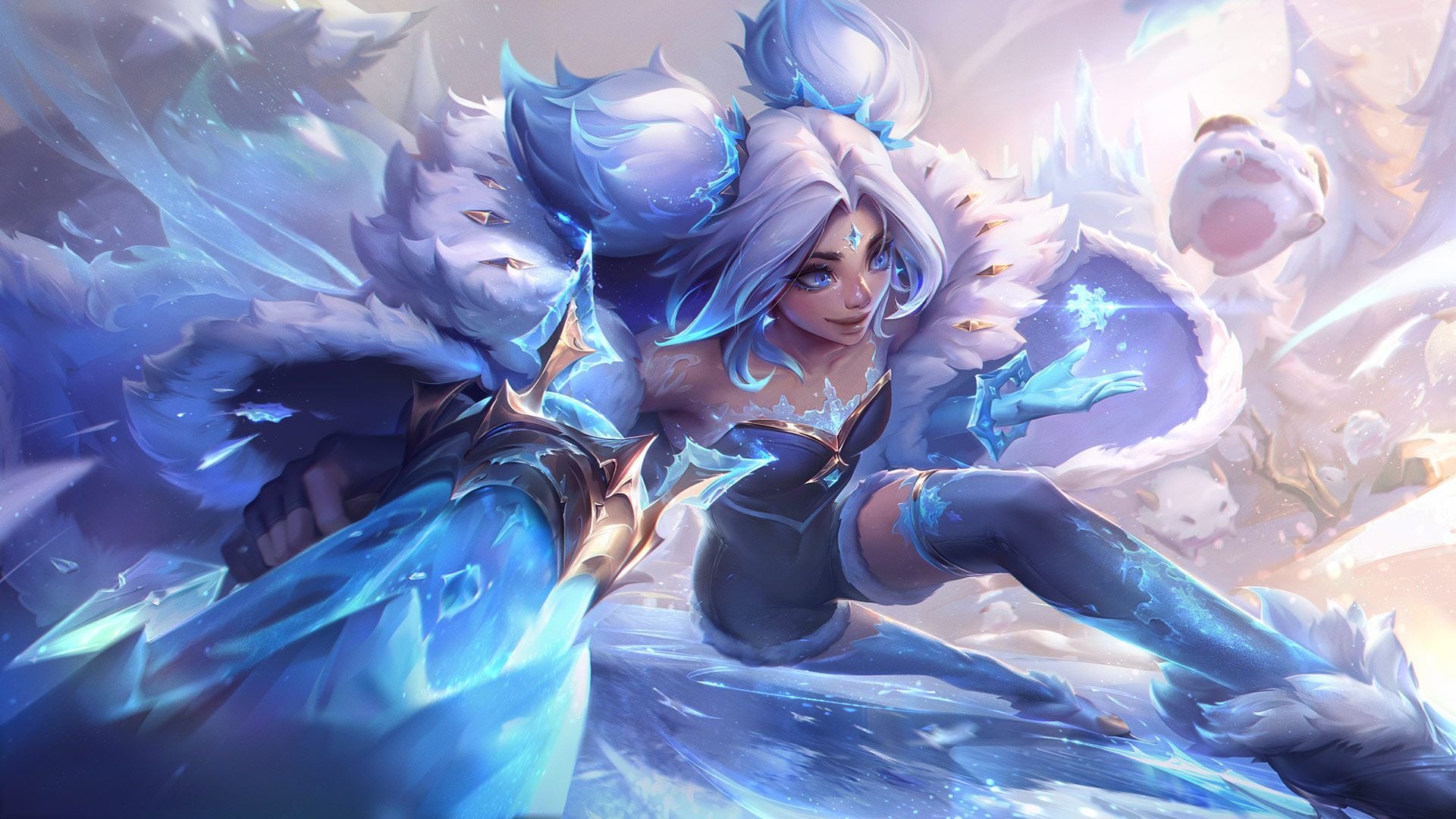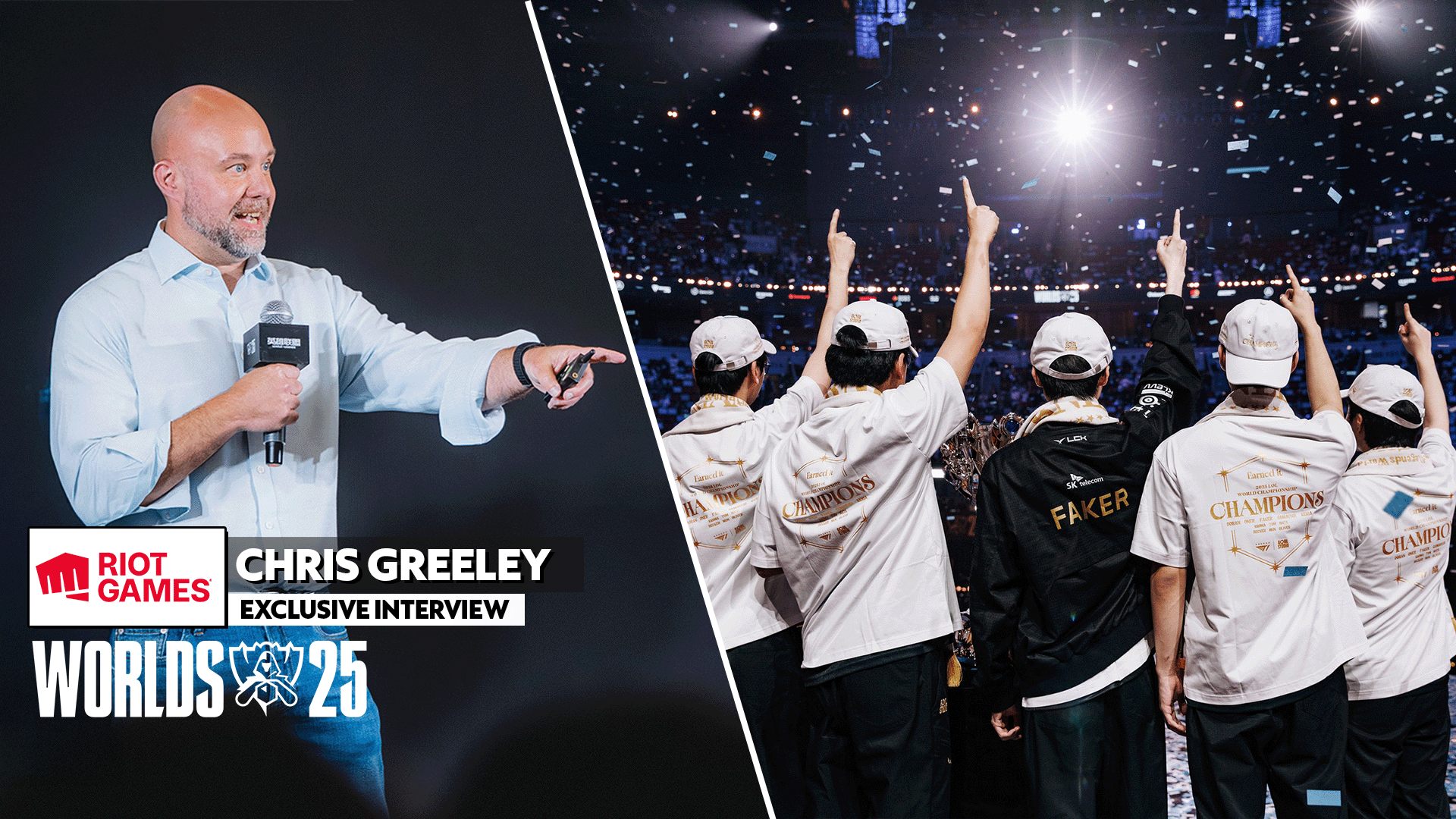If you ask most people to name the world’s biggest sporting events, they’ll probably come up with the Super Bowl, the Olympics, or the World Cup. But the 32 million viewers who turned October’s League of Legends Championship Series into the largest eSports event in history may be changing the way we think about competitive sports.
League of Legends (LoL) is a wildly popular strategy-based game that lets online players form teams and compete in a virtual arena to destroy or be destroyed. This year’s competition also played out in a real arena, as 13,000 people crowded into Los Angeles’ Staples Center to watch the game unfold.
But that was nothing compared to the legions of fans who tuned in online to watch the competition, which saw heavyweight Korean team SK Telecom T1 K (SKT) defeat the Chinese Royal Club. At one point as many as 8.5 million people were streaming the game at once, according to producers Riot Games. That number alone is more than the 8.1 million users, total, who tuned into last year’s games. This year, the Championship Series finals attracted a staggering 32 million total viewers.
To put that number in perspective, that’s a whopping 30 percent of the audience for this year’s Super Bowl, and more than double the average viewership for this year’s World Series.
Whatever you may think about the world of competitive gaming, it’s as intense a sport as any that requires real athletic skill. Professional teams can take home prizes of more than $1 million, and this year’s LoL tournament boasted the second-highest tournament pool ever, at just above $2 million. League of Legends, which is free to play, is generally considered the most popular eSport, with more than 40 million players worldwide.
At this year’s Season 3 LoL championship, the atmosphere was as heady—and as showy—as any major professional sport. “The incredible event at the Staples Center last night mirrored the most dedicated fans’ intensity and passion for eSports,” wrote Josh Augustine at PCGamesN. “[I]t’s no longer wishful thinking to believe that eSports’s legends-in-the-making… will soon join the ranks of [other] immortalized athletes.”
The legitimacy of eSports is also getting a boost from the growth of gaming as a whole. Barely a month apart, Grand Theft Auto 5 and Call of Duty: Ghosts both broke records for first-day sales, each claiming sales of over $1 billion in the first 24 hours. The global gaming industry is projected to reach $83 billion over the next three years, with fully a third of that coming from massive multi-player games like League of Legends and Dota 2.
$83 billion may not sound like much, but it’s about 7 percent of the worth of the entire global sports industry—not bad for a hobby still considered a fringe pursuit rather than a mainstream phenomenon.
When twice as many people would rather watch guys named Faker and Impact throw magic attacks around a grassy virtual battlefield while the clock warns you that you have “30 seconds until minions spawn!” than watch the Great American Pastime (yawn), we might need to begin rethinking what makes a sport a sport.
And perhaps accept that our greatest pastimes are rapidly becoming virtual ones.
Photo via chris-yunker/Flickr












Published: Nov 20, 2013 12:46 pm